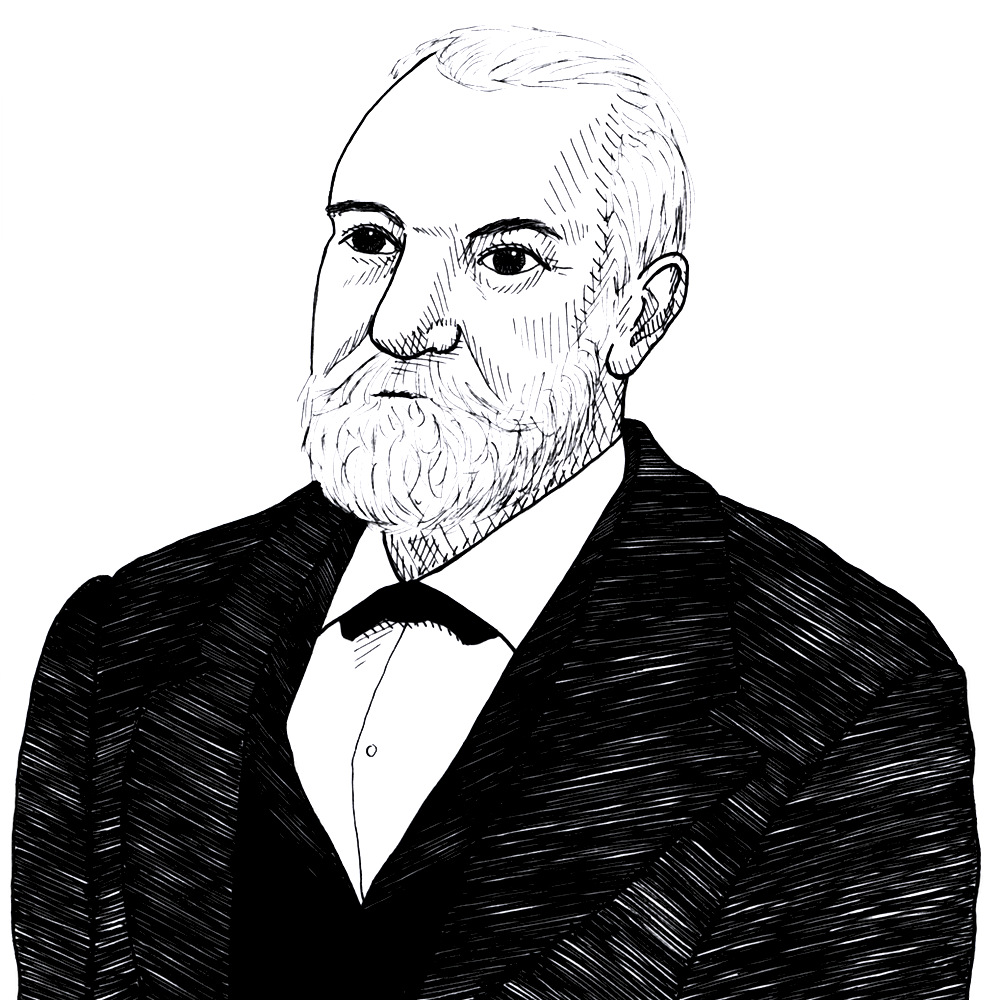
Guyot on the protectionist tyranny (1906)
Found in: The Comedy of Protection (1906)
The French politician and political economist Yves Guyot (1843-1928) denounces protectionists for cloaking their personal interests behind very dubious claims of advancing the “public interest”:
Free Trade
I could have given this book a grandiose title—“The Protectionist Tyranny,” or “The Protectionist Oligarchy”; or a tragic one in the vein of Book V., which describes the “Work of Death” on which most Protectionists embark. But I preferred a light and humorous title, “The Protectionist Comedy,” because there is much more food for laughter than anger in the behaviour of the Protectionists. Call them Méline or Chamberlain, their behaviour is always the same. They are men with a purpose disguised as something else: in their search for plausible pretexts they shrink from no absurdities, importing the miraculous into the hard facts of science. A long familiarity with deceit prevents their distinguishing truth from error, and though facts persistently give them the lie, they still call them to their aid: like the fairy godmother, they promise the riches of Golconda, and explain their failure to produce them as the influence of the evil genius of Free Trade. While they promote private interests inconsistent with the general good, they dub themselves patriots and benefactors, and declare that their opponents are traitorous robbers who have sold themselves to the foreigner; they devote all their energies to such fatuous tasks as the weighting of the balance of trade and the defence of a depreciated currency. In this they are all alike.